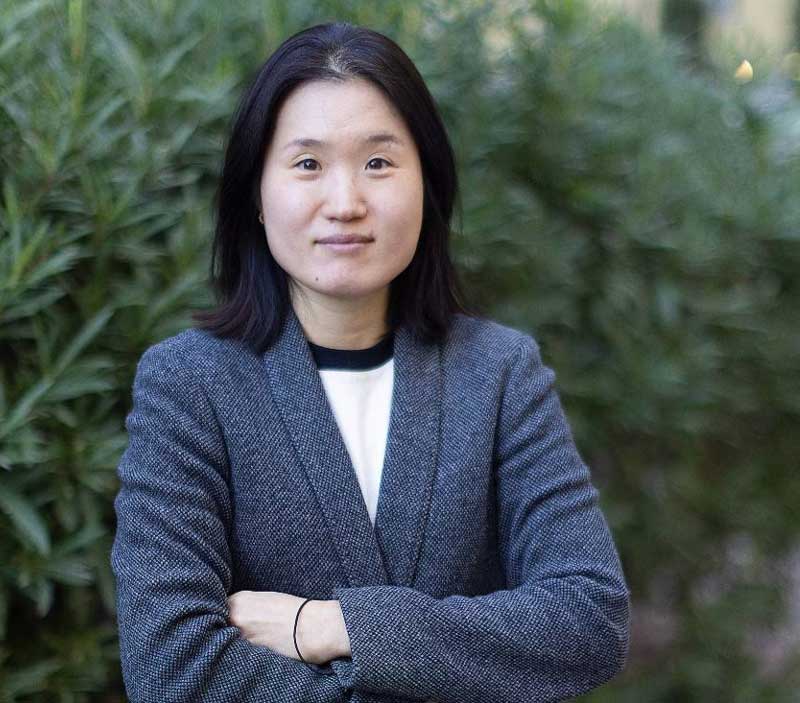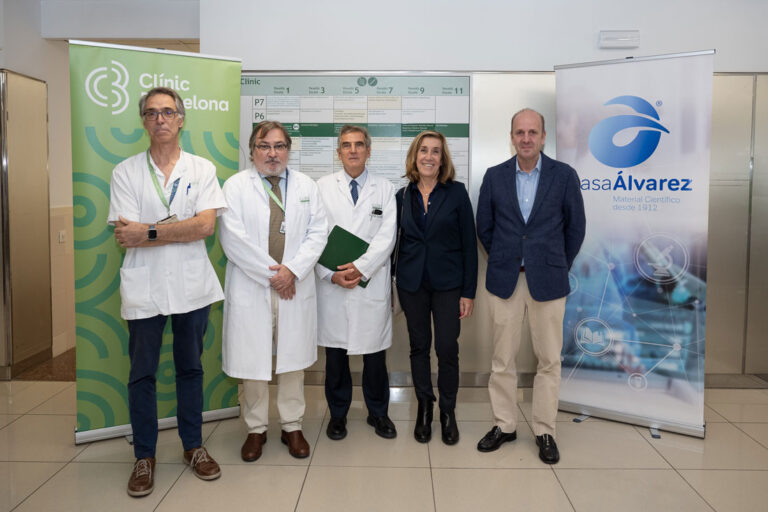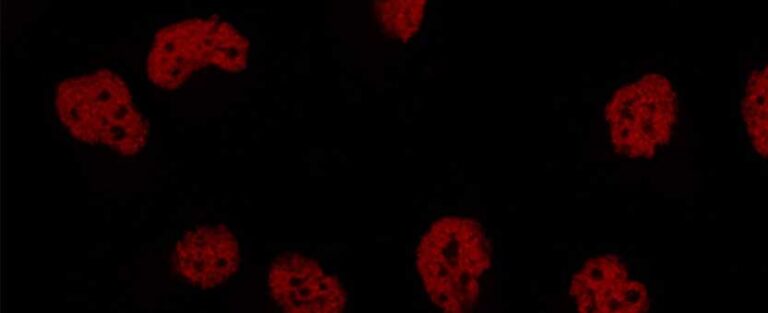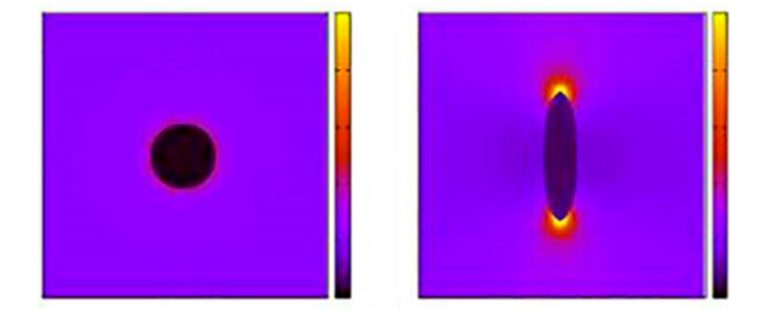More than 100 genes with alterations that cause hereditary diseases also increase the risk of cancer. This is the conclusion of a CNIO study, which also shows the relationship of the PAH gene, known for its involvement in a protein assimilation disorder, with lung and liver cancers.
Scientists at the Spanish National Cancer Research Center (CNIO), in collaboration with Korean researchers, have proposed a new type of cancer predisposition genes (CPGs). The probability of developing a tumor is higher in those who inherit certain altered variants of one of these genes.
“But those 100 genes only explain about 10% of cancer cases. The vast majority of the rest may be related to mutations we don’t know about,” explains Solip Park, head of the Computational Genomics Group. Finding these other altered variants helps early detection and the development of treatments to counteract their effect.
To discover them, the experts decided to narrow the search to a group with an easily identifiable genetic profile: people carrying genes that, when altered, give rise to a hereditary disease. These are monogenic diseases, i.e. caused by the alteration of a single gene, such as muscular dystrophy or Gaucher disease.
Park, together with collaborators from several institutions in Seoul, South Korea, has discovered 103 genes in which single-gene disease-causing alterations often coexist with other cancer-predisposing alterations.
Published in the journal Genome Medicine, the study verifies that people with inherited single-gene disease mutations in these 103 genes also had a greater number of mutations implicated in cancer than the control group (healthy people).
Some of these mutations are associated with specific types of cancer, such as renal cell carcinoma, B-cell non-Hodgkin’s lymphoma, breast adenocarcinoma and medulloblastoma; others with cancer susceptibility in general. “These 103 genes whose mutations can cause Mendelian diseases may also behave as cancer predisposition genes,” Park points out.

Solip Park. / Laura M. Lombardía. CNIO
Mechanisms against cancer predisposition
The authors also analyze how defective variants of these genes promote tumor progression and cause other diseases, and point to various mechanisms of action, such as distortions in cell metabolism or immune response. Some of these are pathways that have not been considered so far in cancer, which is why they highlight the need to study them in greater depth.
They have also analyzed the PAH gene – known because some of its mutations cause the rare hereditary disease phenylketonuria, which hinders the assimilation of proteins and aspartame – in greater detail. Selected because it had the largest number of variants likely to give rise to several types of cancer, they have discovered their relationship with the PAH gene.
Reference:
Song, S., Koh, Y., Kim, S. et al. “Systematic analysis of Mendelian disease-associated gene variants reveals new classes of cancer-predisposing genes”. Genome Med (2023).
Source:SINC




